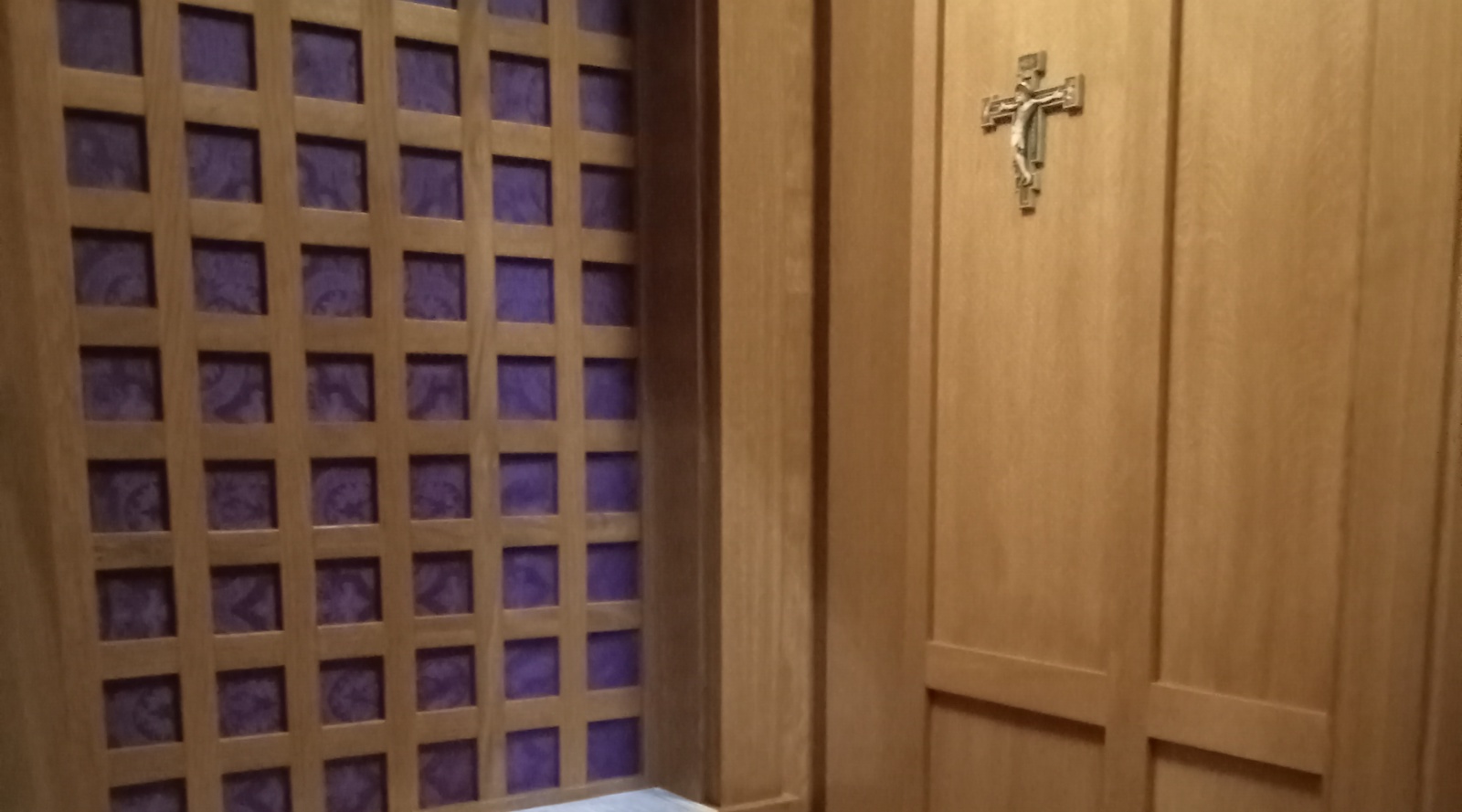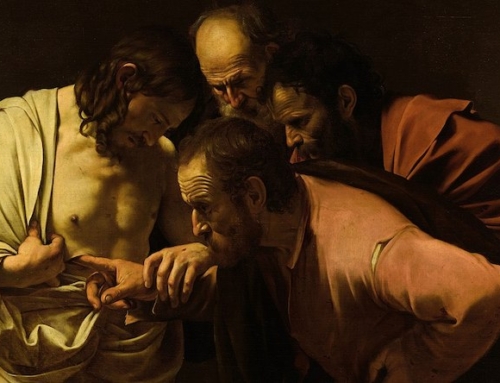Our God is a God of both justice and mercy. The Psalms remind us that “the Lord is just and loves just deeds” (Ps 11:7) and that he is also “gracious and merciful” (Ps 111:4). These twin divine attributes, mercy and justice, are so closely paired that to ask about God’s mercy and to ask about his justice are, in the end, to ask one and the same question.
The Church reminds priests that they are ministers of God’s justice and mercy in the Sacrament of Confession. The Code of Canon Law says: “In hearing confessions the priest is to remember that he is equally a judge and a physician and has been established by God as a minister of divine justice and mercy” (CIC c. 978 §1). This includes assigning a “penance” based on “the quality and number of sins, taking into account the condition of the penitent” (CIC c. 981).
A penance is just, because every sin, by definition, offends God. If it doesn’t, it isn’t a sin. “I detest all my sins,” says the one praying an act of contrition, “most of all because they offend you, my God, who are all good and deserving of all my love.” Offending God harms us, and so we need the healing that the Sacrament of Confession provides. Part of this healing process means embracing our own share in the sufferings of “Christ, who alone expiated our sins once for all” (CCC 1460; Col 1:24).
So, imagine going into the confessional, confessing sins, real offenses against God, and then hearing, “For your penance, pray one Our Father and three Hail Marys.” This is a legitimate penance, but it can be done in under a minute—Try it. How could only sixty seconds of prayer ever be a just penance for sin? Could this truly be the just prescription, coming from a physician of souls? What should we do?
We should do the penance, without scruple, and with gratitude to our just and merciful God. Keeping in mind the danger of trivializing sin and satisfaction (The Council of Trent, Session XIV, ch. 8), there is often a wisdom and even spiritual benefits in such “light” penances.
First, they show us the infinite power of the Cross. Every grace-filled act of ours, including our full participation in the sacraments, is God’s work within our souls. “For God is the one who, for his good purpose, works in you both to desire and to work” (Phil 2:13). It is by God’s power that our own prayers work their effect as part of the sacrament, truly satisfying for real sins.
Second, they teach us humility. Receiving a light penance reminds us that we are always children of a Father who loves us. Again, it is God’s power, and not our own teeth-gritting efforts, that make the sacraments effective.
Third, they teach us obedience. “Obedience is better than sacrifice, to listen, better than the fat of rams” (1 Sam 15:22). It was Jesus’s loving obedience, and not his suffering alone, that saved us.
The priest, taking into account “the condition of the penitent,” may sometimes choose to prescribe a remedy lighter than expected. These penances teach us the infinite power of the Cross, the smallness of our own efforts, and the satisfactory merit of obedient love.
Christ himself gave us the words of the Our Father and made them effective through his Cross. All the world’s salvation started with a single Ave when an angel from heaven greeted the humble and obedient Mary. By the power of the sacraments, in quiet, unassuming ways, that same salvation takes effect now in our hearts.
Our just and merciful God, the Divine Physician, will work wonders through that one Our Father, those three Hail Marys.
✠
Photo by Br. Linus Martz, O.P. (used with permission)







